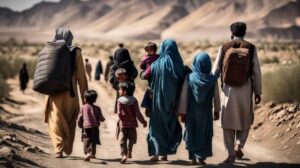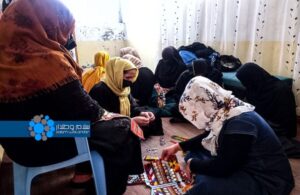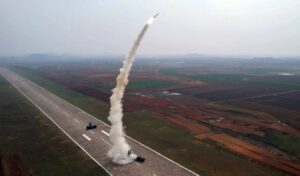KABUL (SW) – The National Unity Government (NUG)’s approved policy for university entrance examinations ‘Kankoor’ remains controversial since its inception with many calling it ‘quota-system’.
There have been occasional protests in the mainstream as well as the social media against it, but senior officials have failed to provide a clear answer.
Salam Watandar has examined the hidden and visible aspects of the entrance exams in Kabul, Balkh, Nangarhar, Herat and Kandahar provinces. It showed that due to this policy, candidates with around and over 300 marks from Herat have been denied entry in public sector universities, but a couple of candidates from the nomad community with less than 200 marks are allowed entry in public universities.
Suleiman, a graduate of Sultan Ghiasuddin Ghori High School in Herat, said he had scored 322 marks in this year’s entrance exam, but had been denied the right to enter public university.
The study found that dozens of seats in Kabul University’s medical faculty were reserved for members of the nomad community regardless of their ranks in the competitive test while those with the higher marks are referred to private universities.
In addition to Herat and Kabul, a large number of candidates in Balkh, who scored high marks, were only considered eligible for private universities, while others who scored low marks were selected to enter Balkh University. A brief study of the results showed candidates with 153, 161 and 208 are considered eligible for entry while others with 290 marks are not.
Similar was the case for important faculties of Nangarhar University.
Salim Kakar, an education analyst, told Salam Watandar that the university entrance exams in Afghanistan face challenges every year, which worries the participants. According to him, with the debate over the ‘quota system’, these exams have also become politicized, which is a matter of concern for talented students.
In Kandahar, too, dozens of seats in key faculties such as medicine, engineering, law and political science and economics have been allocated to nomads.
Salam Watandar wished to have the views of concerned officials, but to no avail.
ENDS






